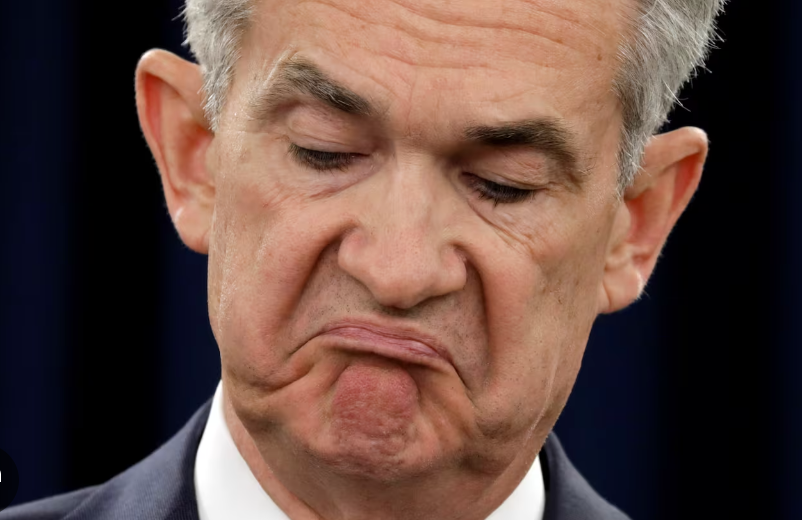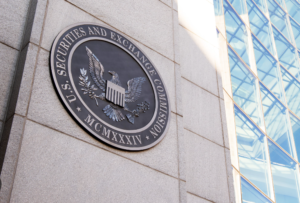$GBPUSD $FTSE100 $BTC
#UKEconomy #Inflation #BankOfEngland #InterestRates #MonetaryPolicy #UKMarkets #BoE #EconomicOutlook #CPI #FinanceNews #Forex #Investing
UK inflation data for November reveals a rise to 2.6%, marginally higher than analysts’ expectations. This increase marks a sharp shift from the modest inflation figures seen earlier this year, driven in part by recovering global energy prices and increasing food costs. The figure suggests persistent price pressures despite ongoing concerns over subdued economic activity. Analysts had anticipated a flat rate closer to 2.5%, but the new data has slightly adjusted investor expectations regarding the path of interest rate policies in the United Kingdom. The Consumer Price Index (CPI) figure potentially increases pressure on the Bank of England (BoE), though market consensus still points to no immediate policy adjustments this week.
With the BoE’s Monetary Policy Committee (MPC) set to meet for its final decision of the year, the latest inflation data adds nuance to their deliberations. Economists largely expect the central bank to hold interest rates steady, particularly given fears of slowing economic growth amid global uncertainties. A more persistent inflationary environment could create challenges for the BoE’s policymaking in the medium term as it balances inflation control with economic stability. Traders are likely to watch how Governor Andrew Bailey frames the inflation narrative in his post-meeting comments, as this could offer cues for potential action early next year. Futures markets in the GBP/USD currency pair are already pricing in modest volatility tied to BoE announcements.
Equity markets, particularly the UK benchmark $FTSE100, have responded cautiously to the inflation numbers. Defensive sectors, such as utilities and consumer staples, saw minor gains on the news, with some investors positioning portfolios for a potentially hawkish shift in monetary policy later in the coming months. However, sectors with more exposure to borrowing costs, such as banks and real estate, saw muted performance, reflecting expectations of steady interest rates for now. Meanwhile, the currency markets showed limited immediate reaction, though $GBPUSD remains closely tied to inflation trends and the BoE’s future moves.
In the broader asset space, cryptocurrencies like $BTC remain largely unaffected by the inflation report, though macroeconomic trends in inflation and monetary policy indirectly influence crypto interest as an alternative store of value. Institutional investors often assess how inflationary pressures may impact fiat currencies when making decisions about crypto allocations. All eyes will now turn to the BoE’s statement later this week, as it potentially sets the tone for early 2024 monetary strategy. For individual investors and portfolio managers, the interplay between inflation rates and interest rate policy will remain a decisive factor as they weigh risk allocations across asset classes.











Comments are closed.